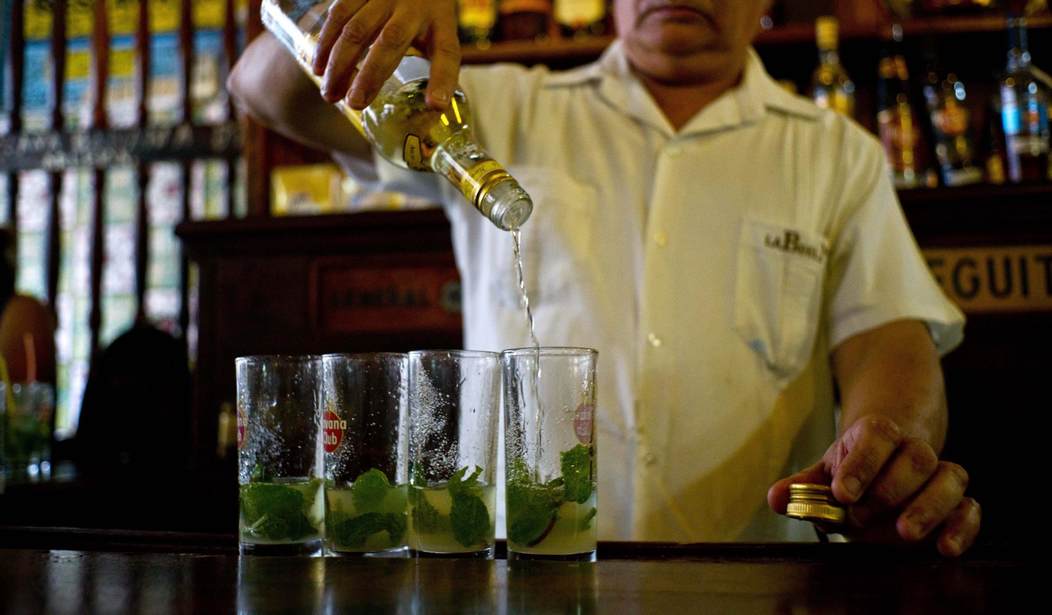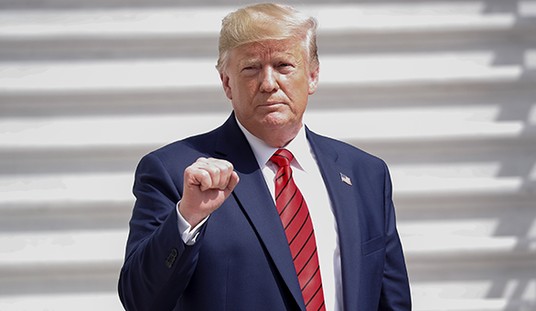Pennsylvania wants to do business with Cuba, America’s 55-year-old embargo against the communist island nation notwithstanding. And Pennsylvania’s top legislative Republicans are willing to start with rum.
Cuban rum can be brought back into the U.S. for personal use, thanks to the Obama administration’s decision in October 2016 to ease sanctions against the Castro regime. But neither rum nor Cuban cigars can be sold commercially in America.
The Quaker State’s plan to get around that seems simple. Based on Republican Pennsylvania Senate leaders’ reading of the 21st Amendment, which ended Prohibition three decades before the Cuban embargo began, each state controls its alcoholic beverage laws, not the federal government.
So when it comes to booze, Pennsylvania should get what it wants, no matter what the Trump administration says in Washington.
“You can’t just suspend the federal Constitution,” Sen. Chuck McIlhinney, Republican chairman of the Senate Law & Justice Committee, told the Post-Gazette.
The Pennsylvania Liquor Control Board began working in May on an application to the U.S. Treasury Department’s Office of Foreign Assets Control for the purchase of Cuban rum for sale in the state’s Fine Wine and Good Spirits stores.
If the Pennsylvania idea works, it would involve much more than rum. The concept includes a simple exchange of agricultural products that are much needed in Cuba for Havana’s rum.
Pennsylvania is hardly the only state in America that wants to open trade doors with Cuba. The southern tier of states, whose residents might be able to see Cuba from their homes, are obviously interested. But states as far north as Idaho are also chomping at the bit to sell products in Cuba.
However, President Trump said in June that he wanted to cancel “the last administration’s completely one-sided deal with Cuba.”
“They fought for everything, and we just didn’t fight hard enough, but now, those days are over,” Trump said. “We now hold the cards. The previous administration’s easing of restrictions of travel and trade does not help the Cuban people. They only enrich the Cuban regime.”
U.S. Rep. Ted Poe (R-Texas) wrote in The Hill that Trump’s Cuba policy was a mistake if only for purely economic reasons.
“I call on the president to listen to the will of the American people and the pleas of American farmers and continue to strengthen relations between our two countries,” Poe wrote.
The farmers of Idaho agree with Poe’s sentiment, according to an op-ed in the Idaho Statesman authored by state Reps. Mat Erpelding (D) and Luke Malek (R).
“Cuba imports 60 to 80 percent of its food, a market estimated at $2 billion,” Erpelding and Malek wrote. “The problem is, virtually none of our American farmers are profiting from that due to the restrictive nature of the current U.S. trade embargo with Cuba.”
Louisiana did more business with Cuba than any other state last year, more than $114.2 million in export sales. Much of that came from agricultural exports.
Mike Strain, the commissioner of the Louisiana Department of Agriculture, told the Advocate that the Trump administration has assured him the new White House’s Cuban policy won’t adversely affect Louisiana’s relationship with Cuba. Strain wants Louisiana to increase sales to Cuba to $500 million.
“As a historic trading partner with Cuba, Louisiana is poised to benefit from a more normal relationship with the island, long in the grip of an outdated Communist government and under resulting trade restrictions with the United States,” an Advocate editorial stated.
“We support greater trade with Cuba. Louisiana farms and ranches could be big winners,” the Advocate concluded.
Alabama was America’s second-biggest trading partner with Cuba in 2016, selling approximately $44 million in mostly agricultural goods to Havana.
Alabama Agriculture Commissioner John McMillan told the AP he was worried that the White House’s Cuban policy would hurt his state’s export business with Cuba.
Close to seven million tons of poultry are shipped from Mobile, Ala., to Cuba monthly. But McMillan pointed out that Alabama is not Cuba’s only source for poultry.
“They have choices. Some of those choices may be more expensive. That may be our advantage,” said McMillan. “The bottom line, I think, is that the best way to foment change down there is to continue trade with them.”
Minnesota is hardly as close geographically to Cuba as is Alabama. But Minnesota Lt. Gov. Tina Smith (D) led a state trade delegation to Havana in June. Minnesota farmers are interested in selling livestock and dry beans to Cuba.
“Cuba represents a big, untapped market. And there’s an opportunity, though we still have trade restrictions and financial restrictions, there’s a big opportunity to build relationships for the long-term that will help to expand markets for Minnesota businesses,” she told Minnesota Public Radio.
However, as Trump pointed out, there is a lot of bad blood in the history between the U.S. and Cuba, going back to the 1962 Cuban Missile Crisis.
Trump challenged the Cuban government to end its practice of “jailing innocent people,” and “return the cop killer, Joanne Chesimard” and vowed the embargo would stay in place until the Castro regime did more to honor human rights.
“We will never be blind to it,” Trump said. “We know what is going on.”
While not downplaying the need to end human rights abuses in Cuba, Pennsylvania Senate President Joe Scarnati (R) said opening trade with Cuba would do more to “help capitalism” than more than five decades of an embargo had accomplished.
“Capitalism breeds democracy,” Scarnati, who spent five days in Cuba, said. “The Russians are gone. I don’t see any.”









Join the conversation as a VIP Member